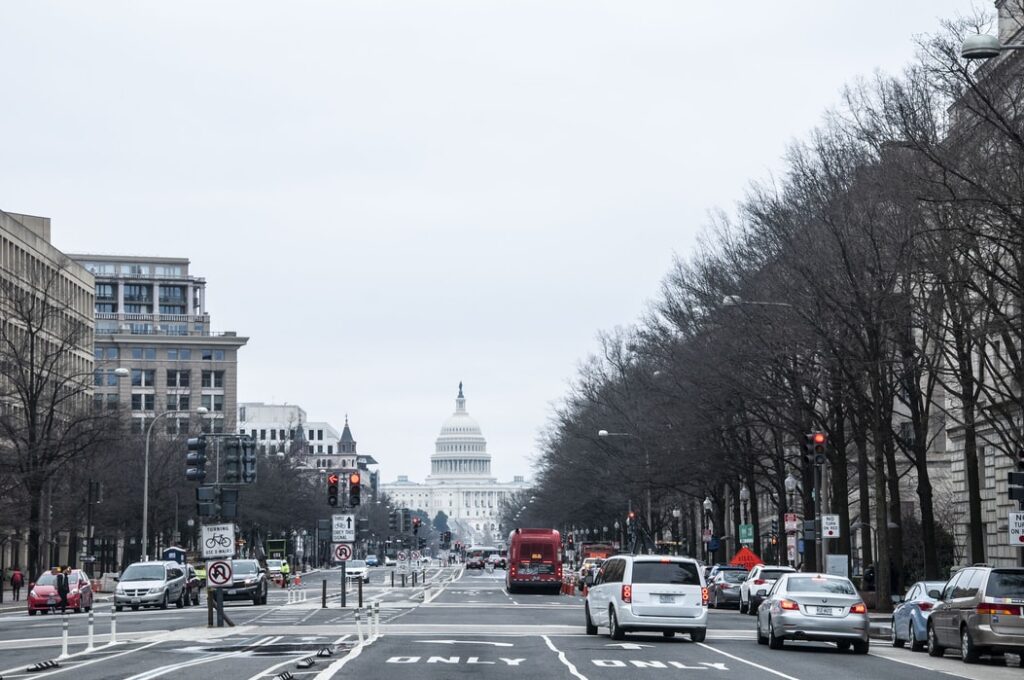A look at the politics surrounding local policy:
All-Day Words, and They Aren’t Done Yet
It looks like the D.C. City Council’s Committee on Human Services has decided to make some noise. The opening volleys came at a daylong “Public Oversight Roundtable” in January, where the committee heard from homeless people, service providers, and city department heads.
For eight hours, witnesses sounded familiar themes, including the many disappointments and inconveniences of life in shelters and on the street, the challenges homeless people face in trying to find well-paying work, and the ways in which service providers and city agencies try to meet their needs.
Towards the end of the day, committee Chair Adrian Fenty (D-Ward 4) asked for firm timelines for some of the many goals named by city agencies and service providers. He has begun to call for shorter timelines than the 10 years suggested in the new plan to combat homelessness that the city recently suggested in the new plan to combat homelessness that the city recently unveiled.
The committee has established a timeline of its own, scheduling a follow-up hearing for February 22, and promising ongoing oversight hearings. After January’s marathon session, the witness seat should still be warm for the next episode.
Right Words, Right Place
When Deputy Mayor Neil Albert appeared on WAMU-FM’s “D.C. Politics Hour” in early February, the quality of life in local shelters came up. Albert was challenged to share a vision for providing more than a place to sleep at night.
He showed he can think on his feet, agreeing that shelters should do more than merely “warehouse” people and that the city’s new plan on homelessness emphasizes stable housing, along with support services. His comments echoed the sharpest complaints heard at the Human Services Committee’s January Roundtable, and put the ball back on the other side of the court.
The segment moved on from human rights, to end with general agreement that District residents must be matched successfully with well-paying jobs. The metro region continues to create new jobs, but as one speaker noted, the District continues to have a high rate of unemployment.
Albert concluded by saying that the mayor plans to address employment strategies for the District in the near future.








